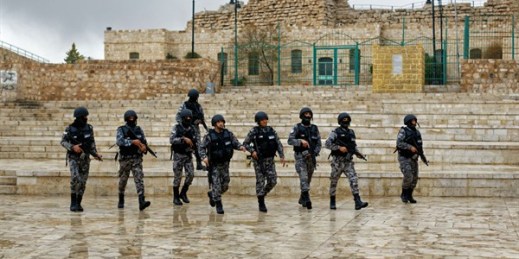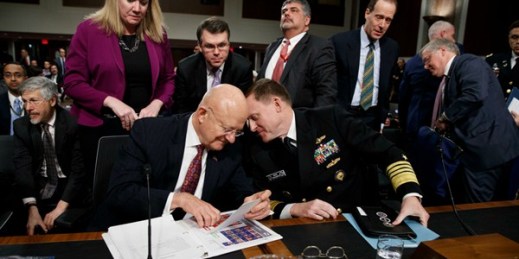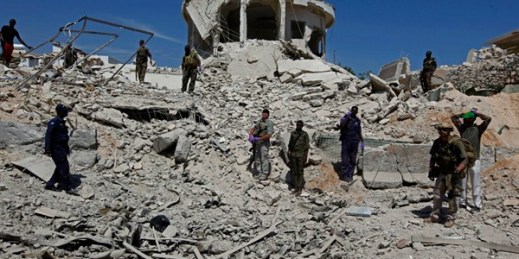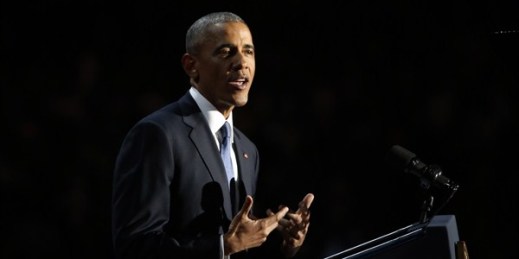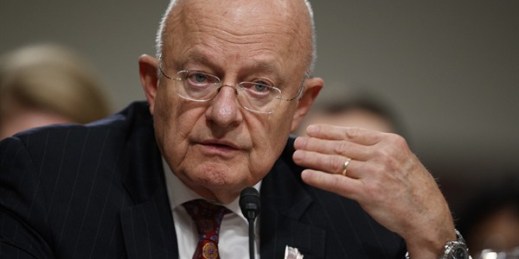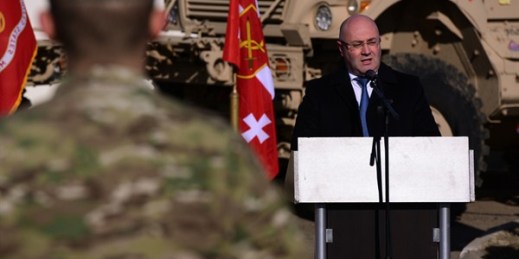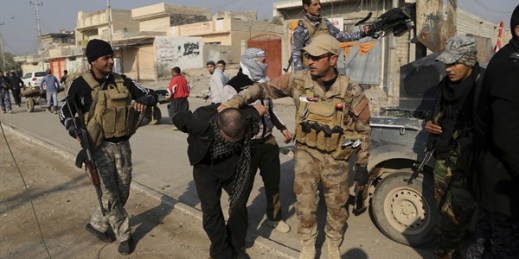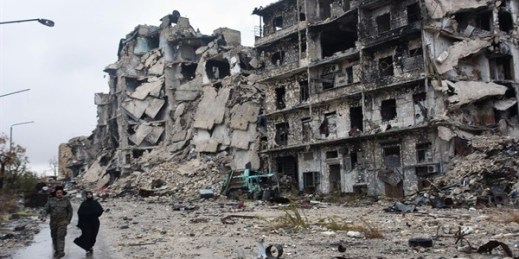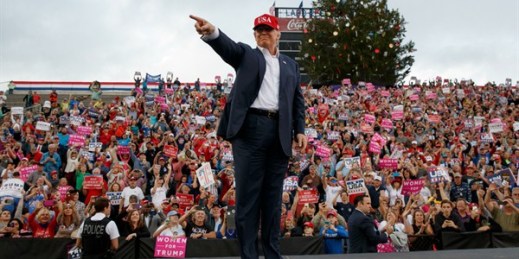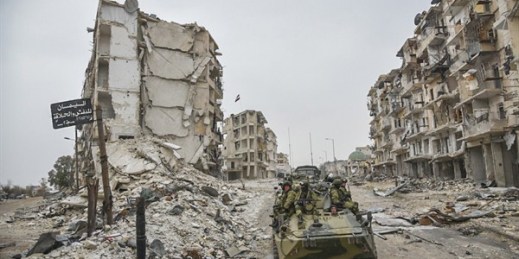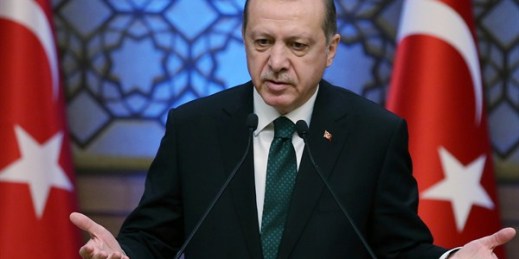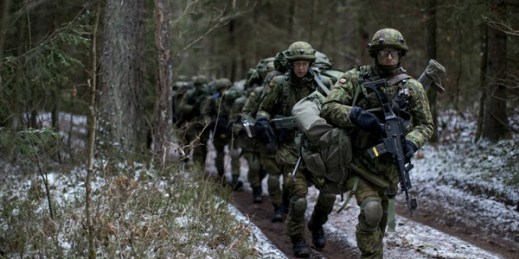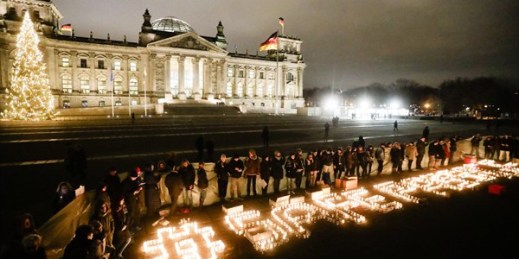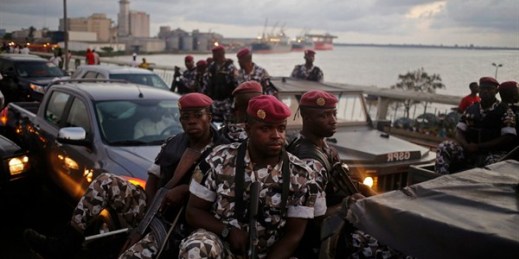
On Jan. 6, soldiers in Bouake—Cote d’Ivoire’s second-largest city and the former rebel capital during the country’s civil war in the 2000s—left their barracks, firing their weapons into the air. They quickly seized control of Bouake’s main streets and announced a mutiny, the latest in a string of them in recent years in Cote d’Ivoire. Within a day, soldiers throughout the country joined the mutineers, including in Abidjan, Cote d’Ivoire’s largest city and commercial capital, where gunfire was reported at the army headquarters. Although the government and soldiers claim to have reached a deal to end it, the standoff proved […]

